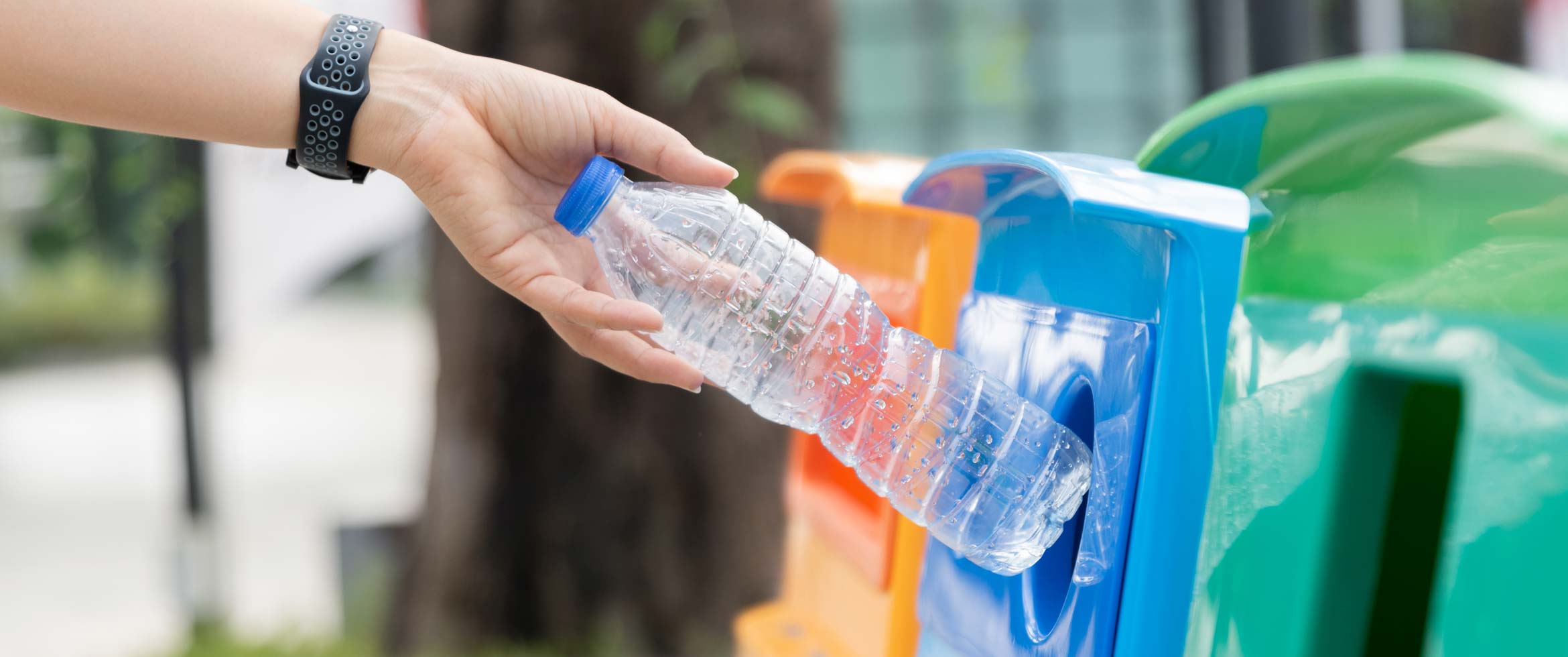Development and Analysis of a Community-Based Resource Recovery Program
Jacobs, H. E., Bailey, J. S., & Crews, J. I. (1984). Development and analysis of a community-based resource recovery program. Journal of Applied Behavior Analysis, 17, 2, 127-145.
Social Psychology and the Stimulation of Recycling Behaviors: The Block Leader Approach
Burn, S. M. (1991). Social psychology and the stimulation of recycling behaviors: The block leader approach. Journal of Applied Social Psychology, 21, 8, 611-629.
Increasing Community Recycling with Persuasive Communication and Public Commitment
Burn, S. M., & Oskamp, S. (1986). Increasing community recycling with persuasive communication and public commitment. Journal of Applied Social Psychology, 16, 1, 29-41.
Signs that Encourage Internalized Recycling: Clinical Validation, Weak Messages and 'Creative Elaboration'
Werner, C., White, P., Byerly, S., & Stoll, R. (2009). Signs that encourage internalized recycling: Clinical validation, weak messages and 'creative elaboration.'. Journal of Environmental Psychology, 29(2), 193-202.
Non-Response to the Recycling Promotion Technique of Blockleader and Commitment
Meneses, G.D. (2009). Non-response to the recycling promotion technique of blockleader and commitment. Journal of Socio-Economics, 38(4), pp. 663-671.
Changing Behavior with Normative Feedback Interventions: A Field Experiment on Curbside Recycling
Schultz, P. W. (1999). Changing behavior with normative feedback interventions: A field experiment on curbside recycling. Basic and Applied Social Psychology, 21, 1, 25-36.
Implementing a Community-Based Social Marketing Program to Increase Recycling
Haldeman, T. & Turner, J. (2009). Implementing a community-based social marketing program to increase recycling. Social Marketing Quarterly, 15(3), 114-127.
Validation, Persuasion and Recycling: Capitalizing on the Social Ecology of Newspaper Use
Werner, Carol M.; Byerly, Sari; White, Paul H.; Kieffer, Matthew (2004). Validation, Persuasion and Recycling: Capitalizing on the Social Ecology of Newspaper Use. Basic and Applied Social Psychology, 26, 2, 183-198.
The Response to the Commitment with Block-Leader Recycling Promotion Technique: A Longitudinal Approach
Meneses, G., & Palacio, A. (2007). The response to the commitment with block-leader recycling promotion technique: A longitudinal approach. Journal of Nonprofit & Public Sector Marketing, 17(1-2), 83-102.
Combining Behavioral Theories to Predict Recycling Involvement
Oom Do Valle, P., Rebelo, E., Reis, E., & Menezes, J. (2005). Combining Behavioral Theories to Predict Recycling Involvement. Environment and Behavior, 37(3), 364-396. doi:10.1177/0013916504272563.



